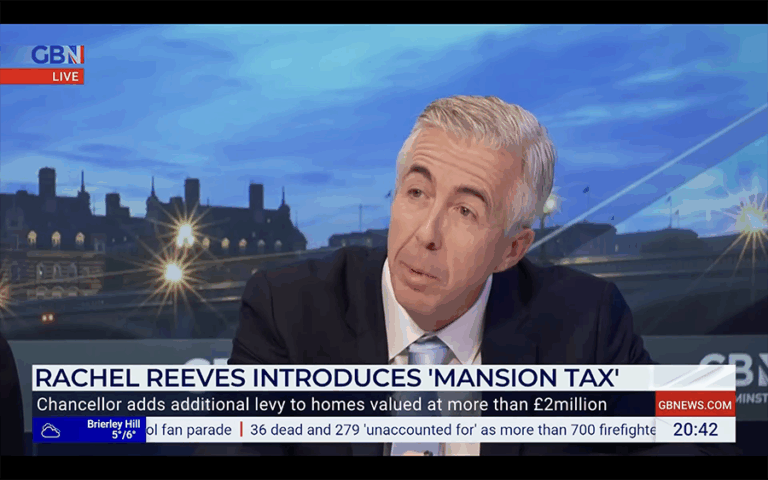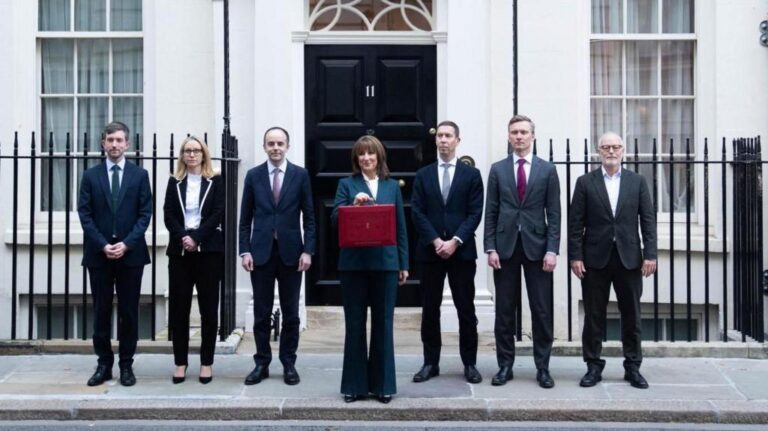As the general election approaches, Labour continues to maintain their significant lead in the polls, making a Labour majority or Labour-led minority government a strong possibility. Though Labour’s full manifesto has not been released, the overall framing of their platform is beginning to take shape, as seen by the party’s “5 missions for a better Britain.” In education policy, Labour has pledged to ‘Break down the barriers to opportunity at every stage’. However, the party has yet to fully outline what this means in practice for the higher education sector.
Tuition fees
A major debate in the higher education sector continues to focus on tuition fees. Jeremy Corbyn’s promise of free tuition fees in both the 2017 and 2019 general election manifesto was, unsurprisingly, popular with students, and Sir Keir Starmer included this policy in his party leadership campaign pledges in 2020. However, in the last year the party has made a shift away from this policy. The narrative has changed, and instead of pledging to “abolish” tuition fees, Labour’s policy is now to “reform” them.
The reasoning for this change was explained in a recent article in The Times by Shadow Education Secretary Bridget Phillipson. Phillipson said that while Labour wants higher education to be available to everyone, they have “to be honest about the impact of the Tories’ economic failure,” which will force the next Labour government to make some tough decisions; a point which is now being made on a consistent basis by members of the Shadow Cabinet. She argued that free tuition fees, funded by general taxation, would further increase the financial burden on the working people who had already been taken advantage of by the Conservatives. In addition to this, she criticised the Conservative tuition fees system and the government’s recent reforms, saying that the system was “broken” and was disproportionately impacting women and lower earners.
In offering alternatives to the current system, Phillipson argues that it is possible to reform it to make it fairer, including reworking the system to give a month-on-month tax cut for graduates, which would allow some “breathing room.” However, the reality of the economic situation that Labour could inherit may make Phillipson’s hopes of reform difficult to action. A cut in fees would mean that Labour would need to find the funding elsewhere and given the party’s very vocal commitment to fiscal responsibility, this already could be a sticking point.
Moreover, Labour would face significant pressure from the universities themselves if they were to reduce the amount graduates pay back. Since 2016, the government froze tuition fees at £9,250 a year. In the face of inflation, these fees are now the equivalent of £6,500 a year. Therefore, any attempt to reduce tuition fees, or delay the payment of them, is likely to meet strong opposition from universities, who themselves are in the midst of a difficult economic landscape. In response, some university leaders have called for a national conversation and a ‘cross-party agreement’ on the approach to take to fees. Meanwhile, the government has been clear it has no plans to change the tuition fee cap.
Skills based approach
In Labour’s “5 missions” approach, they have emphasised the need to work with universities and help support them, as they in turn have the capacity to boost the nation’s economy. A key part of this is the importance of developing young people’s vocational skills through higher education. Last year’s Council of Skills Advisers report, led by former education secretary Lord Blunkett, called for degree apprenticeships to be significantly expanded, and higher education institutions to integrate more project-based learning and employer engagement into their provision.
The report pointed to the success of Boeing’s Advanced Manufacturing Research Centre (AMRC) collaboration with the University of Sheffield as an example of this, where students receive a Bachelor’s Degree in Engineering, and apprenticeship courses include Mechanical Engineering, Product Design & Development, and Control Technical Support Engineer Apprenticeship. Whilst Labour has not fully accepted the report’s recommendations, the party has indicated they are strongly supportive of advancing vocational skill opportunities through their pledge to reform the apprenticeship levy and establish a new Skills England body to co-ordinate activity – with Lord Blunkett continuing to exert considerable influence over Labour’s policymaking.
Labour have also raised the possibility of using the Lifelong Loan Entitlement to work with higher education institutions to ensure there are sufficient courses available to meet skills needs within the country. They would also partner with local leaders in education and communities to meet local skills needs and collaborate to ensure traditional barriers to accessing education are tackled.
Student mental health
Another focus of Labour’s higher education policy in the next election could be centred around student’s mental health. Research done by the party in 2022 showed that more than 200,000 students sough support for their mental health across the UK in 2020/21, which was a three-fold increase over the last decade. This meant that, on average, 2,302 students per university sought support in 2020/21, up from 715 in 2010/11. Consequently, Labour has pledged to increase young people’s access to mental health support by reducing wait time for support to 4 weeks and aiming to recruit 8,500 mental health staff by the end of their first parliament. The party is deeply interested in mental health, as shown by their decision to make the role of Shadow Minister for Mental Health – currently held by Rosena Allin-Khan MP – a cabinet position. As such, universities and higher education may become a key frontier in this work.
Overall, should Labour win, they will have to be realistic on what they will be able to achieve in terms of their higher education goals. As Bridget Phillipson pointed out, the economic reality that they inherit from the Conservatives may mean that certain policies, if not considered urgent, are placed lower on the priority list. If Labour would like to reform the higher education sector, they will need to remember that this is a political question when presenting it to the voters. Given the economic climate, it will ultimately come down to who is going to pay for it, and how much it will all cost.







